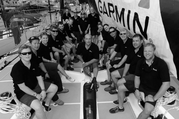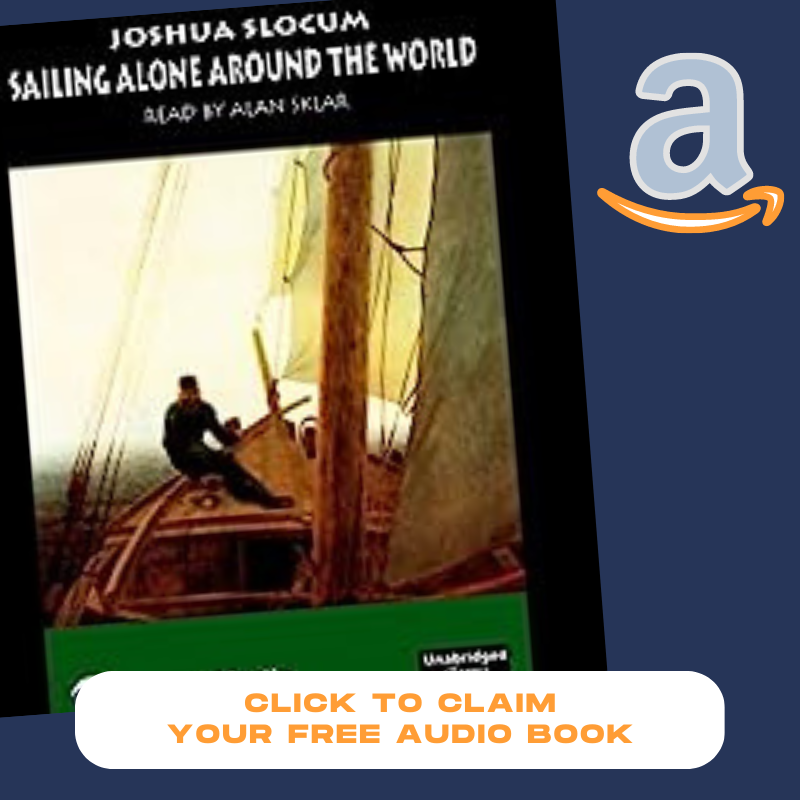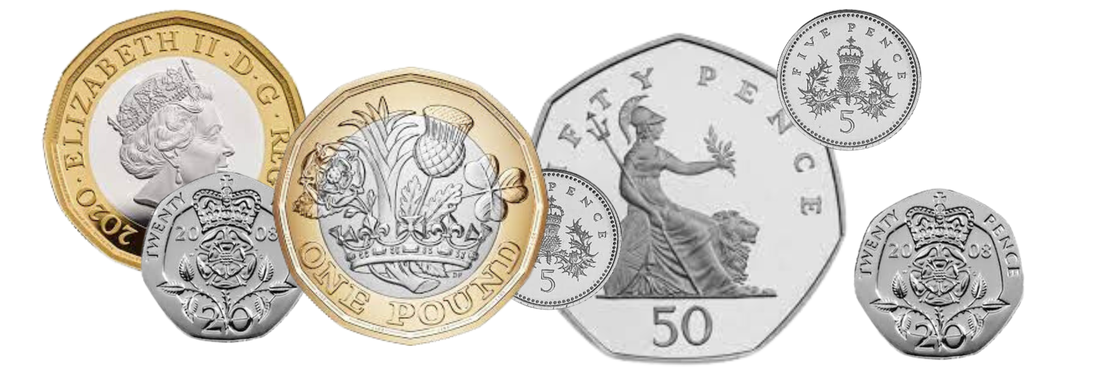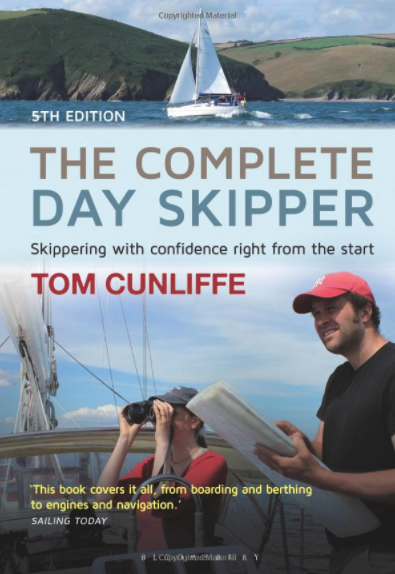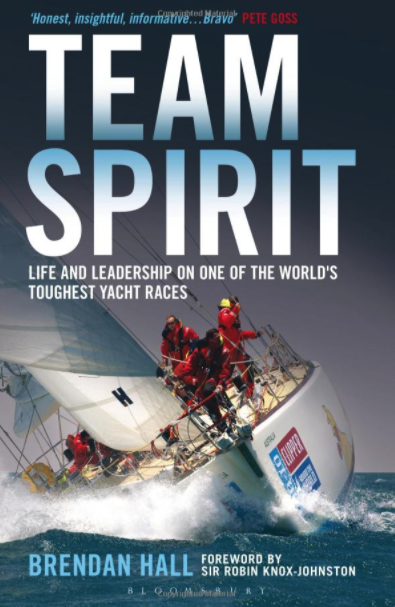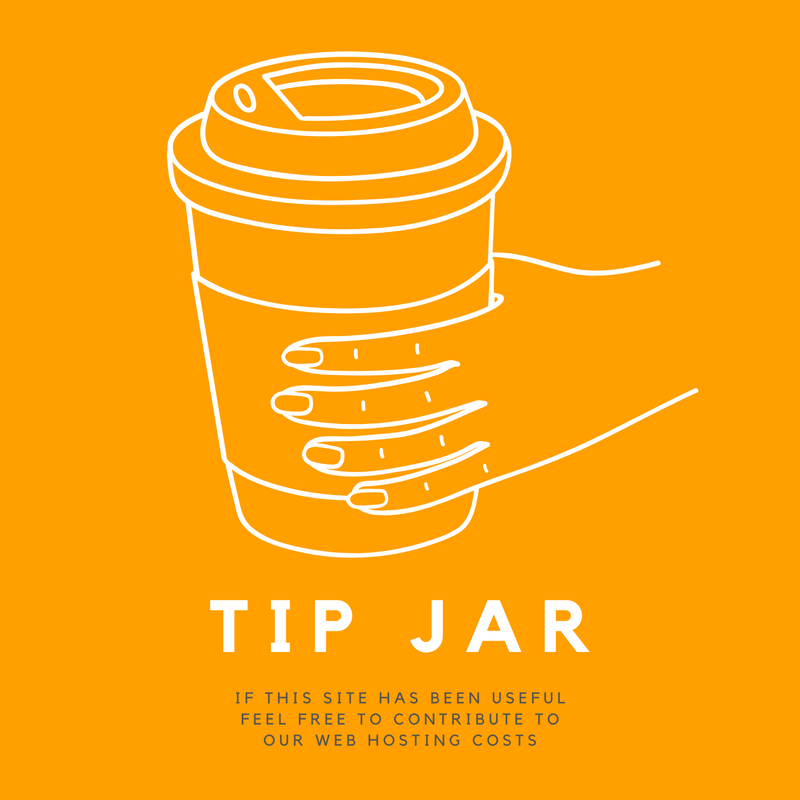Well, those that have done 'a little sailing' tend to have picked up bad habits; habits that they might have been able to get away with on a smaller boat but habits that cannot be tolerated on bigger boats. Boats over 50 ft tend to have quite large loads on running and standing rigging. 70ft boats have huge loads on sheets and halyards and if things break you can get hurt. Therefore, learning where to move around on a boat and where to be safe needs to be taught - and sometimes re-learnt. If you've never sailed before, you get to learn the right way first time. The downside to no sailing experience is that to a large extent you are having to 'cram' an awful lot into 4 weeks of training. In my mind, Clipper Training is the best training of its sort and whilst it must, by necessity, leave gaps in knowledge, it does what it needs to do and covers safety on board, emergency drills, safe line and winch handling and evolutions (sail changes and reefing etc), etc. If you work hard and you're open to learning then, as a 'round the worlder,' you should finish the race a very competent seafarer. You won't be a yachtmaster, but you will have experienced weather and sea states that most sailors will never see and you should be pretty good at helming and trimming sails. If you are an experienced sailor or racer then you might find the first couple of levels somewhat pedestrian but, of course, everyone needs to learn the basics. If you are experienced then ask the skipper and mate if you can get involved with the nav or maintenance tasks or use the time to fill in gaps in your knowledge. Both the skipper and mate are Yachtmasters and cruising instructors as a minimum. Many have done the race before as skipper or they are Yachtmaster Instructor, so they should be able to answer your questions. The Clipper Race runs every other year and training for it is pretty much continuous.
If you haven't sailed before, I suggest you go do some. Level 1 is fairly tame and you'll get a good idea of what's to come, but if you haven't sailed at all, how do you know what you are letting yourself in for? There are plenty of ways to get on the water. I wouldn't recommend an RYA course on the water prior to Level 1 training because, frankly, the skills taught vary so from instructor to instructor that learning the 'Clipper-way' first is probably better. However, if you can get on the water before Level 1 to get a feel for it then great. Dingy sailing is good because whilst its a million miles away in terms of experience, you will quickly get an invaluable 'wind awareness' which will stand you in good stead later. Do some reading also.
Comments
|
Mark Burkes is a former Clipper Race Skipper, a round the world crew member, Clipper Training Skipper & jobbing RYA Yachtmaster Instructor. He has over 250,000 miles logged.
Mark also writes professionally both online and offline and has written for Yachting World. ADVICE BY TOPIC
All
Fierce Turtle is not linked to nor is it in any way accredited by the splendid folk at Clipper Ventures. All opinion is my own.
Archives
July 2023
This blog is entirely free. However, if you'd like to make a small contribution towards web hosting costs it'd be very much appreciated.
|
fierceturtle.co.uk |
PRIVACY & GDPR POLICIES
© COPYRIGHT 2012-23. ALL RIGHTS RESERVED. 256 bit secure checkout powered by stripe. |
